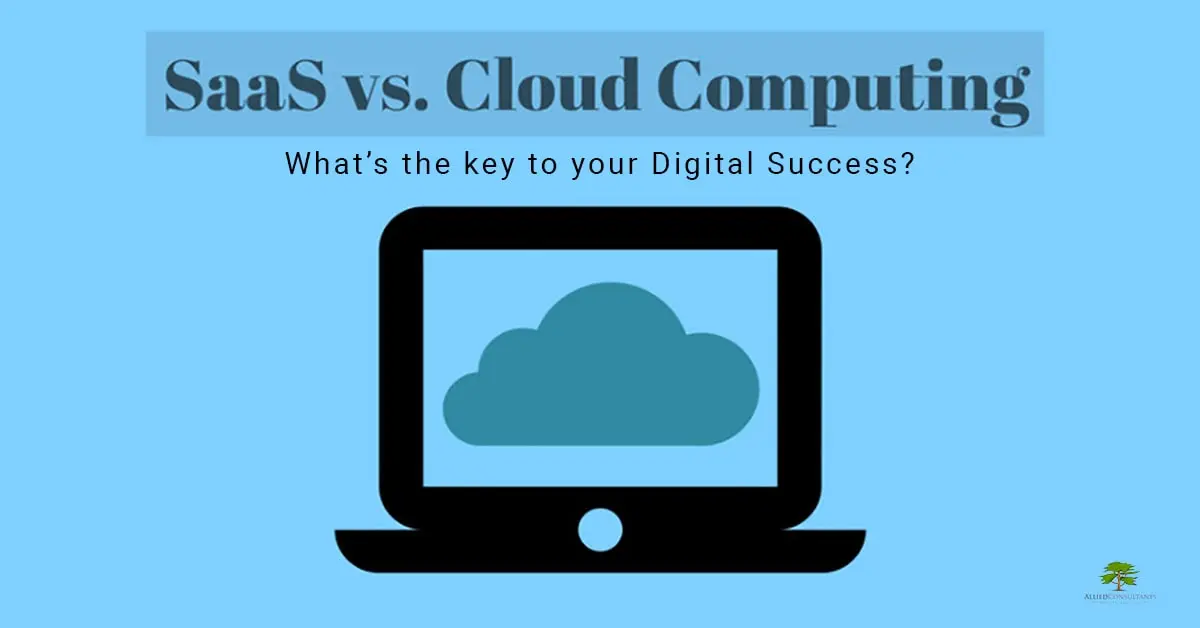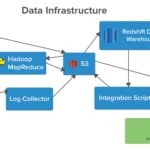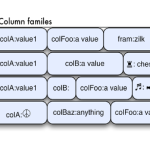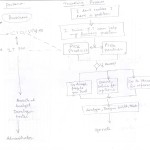Cloud vs. SaaS Applications: What’s the Key to Your Digital Success?
Are You Team Cloud or Team SaaS? Decoding the Tech Buzzwords
In today’s digital age, “Cloud” and “SaaS” are used so frequently that it’s easy to assume they’re interchangeable. But are they the same thing? Let’s dive into the cloud vs SaaS battle and uncover the truth.
The Essence of Cloud and SaaS
To start, let’s clarify these terms. “Cloud” refers to servers accessed over the Internet and the software and databases that run on them. Cloud services allow data to be stored and accessed online, offering flexibility and scalability.
Also Read This: Exploring The Best Open-Source Blockchain Platforms
On the other hand, SaaS, or Software as a Service, is a subset of cloud computing. It’s a way of delivering applications over the Internet—as a service. Instead of installing and maintaining software, you access it via the Internet, freeing yourself from complex software and hardware management.
Table 1: Cloud vs. SaaS at a Glance
| Feature | Cloud Computing | SaaS Application |
| Definition | Servers and services accessed over the Internet | Software delivered online as a service |
| Accessibility | Requires internet access | Requires internet access |
| Customization | High (depends on the service) | Low to medium |
| Control | More control over the environment | Less control, managed by the provider |
| Pricing | Pay-as-you-go, scalable | Subscription-based |
Why It Matters
The distinction between Cloud and SaaS is crucial for businesses and individuals alike. While both offer the convenience of accessing services and applications over the Internet, they serve different needs. Cloud computing provides a comprehensive online environment that can include storage, networking, and computing power, offering businesses the flexibility to scale and adapt. SaaS applications, however, are ready-to-use solutions tailored for specific business tasks—think of Google Workspace or Salesforce.
1. The Scalability Factor
One of cloud computing’s most significant advantages is scalability. Businesses can easily adjust their usage based on their needs, making it a cost-effective solution for small startups and large enterprises. SaaS applications, while scalable to a degree, often come with predefined plans and limits.
2. Customization and Control
Cloud computing platforms like AWS, Google Cloud, and Microsoft Azure provide businesses with the tools to build a highly tailored infrastructure that fits their needs. This level of customization extends to the operating systems, network architecture, and security settings. On the other hand, SaaS applications offer limited customization options. They are designed to be comprehensive solutions for many customers, so they might not perfectly fit every business’s unique needs.
3. Security Considerations
Regarding security, both Cloud and SaaS models present unique challenges and benefits. Cloud computing offers more control over security settings, allowing businesses to implement their protocols and compliance measures. However, this also means companies are responsible for maintaining these security measures. SaaS providers, meanwhile, take on the responsibility of securing the applications, which can be a double-edged sword. While it relieves businesses of the burden of security management, it also means they have less control over their data security.
4. Real-world Applications
Consider a company looking to host its website. Using cloud services, it can scale its server resources up or down based on website traffic. Meanwhile, a business using a SaaS platform like Shopify for its online store can quickly access a powerful e-commerce system without worrying about the underlying infrastructure.
Making the Right Choice
Choosing between Cloud and SaaS depends mainly on the business requirements. Cloud computing is the way for companies needing bespoke solutions with high scalability and control. However, SaaS products are more suitable for organizations seeking cost-effective, easy-to-deploy solutions for specific tasks.
Conclusion
Choosing between Cloud computing and SaaS depends on your specific needs. If you are looking for a customizable, scalable solution that requires more management, cloud computing might be your path. SaaS is likely your best bet if you need a ready-to-use application that takes the hassle out of installation and maintenance.
What’s your take on the Cloud vs. SaaS debate? Which do you think offers more value for businesses in the digital age?






![Demo Summary [Azure Logic Apps: In-order Message Processing]](https://alliedc.com/wp-content/uploads/2019/05/4-150x150.png)
![[New Post] 7 Major Challenges in adopting IoT for Retail Companies](https://alliedc.com/wp-content/uploads/2015/04/IoT-150x150.png)